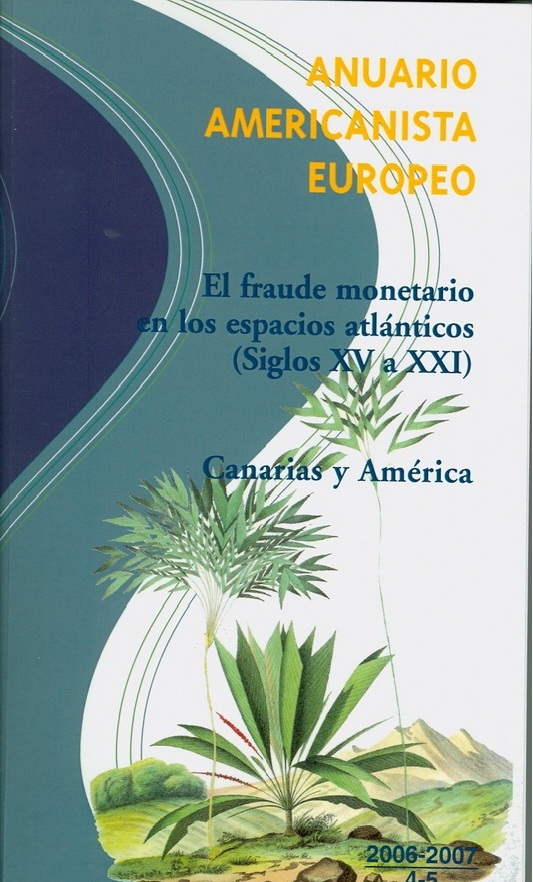The agroecological transition and the reconfiguration of the territory trough the participatory guarantee systems : a comparison between Mexico and France
La transición agroecológica y la reconfiguración del territorio a través de los sistemas de garantía participativos : una comparación entre México y Francia
La transition agroécologique et la reconfiguration du territoire à travers les systèmes de garantie participatifs : une comparaison entre le Mexique et la France
Résumé
Today, there is an increase in the consumption of healthy foods that are produced with respect for the environment. Organic or bio products have a label issued by certification agencies that differentiates them from products produced in a conventional way.In parallel with this organic or bio certification, a verification mechanism called Participatory Guarantee Systems (PGS) arises. This verification system is aimed at small producers who produce for their own consumption and local markets, whose financing involves close collaboration and compromise between producers and consumers. In order to be able to address the PGS, we worked under the perspective of agroecology, which provides a framework for evaluating agricultural systems through social, environmental and economic criteria. The objective of this work is to know how the territory is reconfigured where the dynamics of local marketing of agroecological products materialize. In order to chieve this goal, two local groups from Mexico and France were involved. The Mexican collective Tianguis Comida Sana y Cercana, founded in 2005 in the City of San Cristóbal de las Casas, in the southern border state, has an internal PGS mechanism. In France the focus in on the case of the local group in the department Haute-Garonne in the south of France, founded in 2011 and integrated into the “Federation Nature et Progrès”. A total of 19 interviews were conducted, which were analyzed through the logiciel Atlas.ti 07. The results show that there are social and technological innovations around the productive strategies that contribute to the agro-ecological transition and that the PGS is a strategy that reconfigures the territory, since it promotes local development through the construction of networks and links based on participation and trust between different actors in rural and urban areas.
Hoy en día, hay un aumento en el consumo de alimentos saludables que se producen con respeto por el medio ambiente. Los productos orgánicos o bio cuentan con una etiqueta emitida por agencias certificadoras que los diferencia de los productos producidos de manera convencional. Paralelamente a esta certificación orgánica o bio, surge un mecanismo de verificación llamado Sistemas de Garantía Participativa (SGP). Este sistema de verificación dirigido a pequeños productores que producen para el autoconsumo y mercados locales, cuyo financiamiento implica una estrecha colaboración y compromiso entre productores y consumidores. Para poder abordar los SGP se trabajó bajo la perspectiva de la agroecología, la cual proporciona un marco para evaluar los sistemas agrícolas a través de criterios sociales, ambientales y económicos. El objetivo de este trabajo es conocer cómo se reconfigura el territorio donde se materializan las dinámicas de comercialización local de productos agroecológicos. Para poder alcanzarlo se trabajó con dos grupos locales de México y de Francia. El colectivo mexicano “Tianguis Comida Sana y Cercana”, fundado en el 2005 en la Ciudad de San Cristóbal de las Casas, en el estado fronterizo del sur, cuenta con un mecanismo de SGP interno. En Francia se enfoca al caso del grupo local en la región Haute-Garonne en el sur de Francia fundado en el 2011 e integrado la “Federación Nature & Progrès". Se realizaron un total de 19 entrevistas, las cuales fueron analizadas a través del logiciel Atlas.ti 07. Los resultados muestran que existen innovaciones sociales y tecnológicas en torno a las estrategias productivas que contribuyen a la transición agroecológica y los SGP son una estrategia que reconfigura el territorio, ya que promueve el desarrollo local a través de la construcción de redes y enlaces basados en la participación y la confianza entre los diferentes actores en áreas rurales y urbanas.
Aujourd'hui, la consommation d'aliments sains, produits dans le respect de l'environnement, est en augmentation. Les produits bio ont un label émis par des organismes de certification, pour les différencier des produits fabriqués de manière conventionnelle. Parallèlement à cette certification bio, il existe des mécanismes de vérification appelés Systèmes de Garantie Participatifs (SGP). Ces systèmes de vérification s'adressent aux producteurs qui produisent pour l'autoconsommation et pour les marchés locaux, impliquant une collaboration étroite et un engagement entre producteurs et consommateurs. Pour aborder les SGP, nous avons travaillé dans une perspective agroécologique, qui fournit un cadre pour évaluer les systèmes agricoles au travers de critères sociaux, environnementaux et économiques. L’objectif de ce travail est de comprendre en quoi la dynamique de commercialisation local de produits agroécologiques participe à une reconfiguration du territoire dans lequel elle se matérialise. Pour y parvenir, nous avons travaillé avec deux groupes locaux du Mexique et de la France. Le collectif mexicain "Tianguis Comida Sana y Cercana", fondé en 2005 dans la ville de San Cristóbal de las Casas, dans l'État du Chiapas, dispose d'un mécanisme SGP interne. En France, dans le département de la Haute-Garonne, nous avons étudié un groupe fondé en 2011 et intégré à la Fédération « Nature et Progrès ». Au total 19 entretiens ont été réalisés et analysés grâce au logiciel Atlas.ti 07. Les résultats montrent qu'il existe des innovations sociales et technologiques autour des stratégies productives qui contribuent à la transition agroécologique. Ils montrent également que les SGP sont une stratégie qui a reconfiguré le territoire, favorisant le développement local au travers de la création de réseaux et de liens basés sur la participation et la confiance entre les différents acteurs dans les zones rurales et urbaines.
Origine : Version validée par le jury (STAR)

